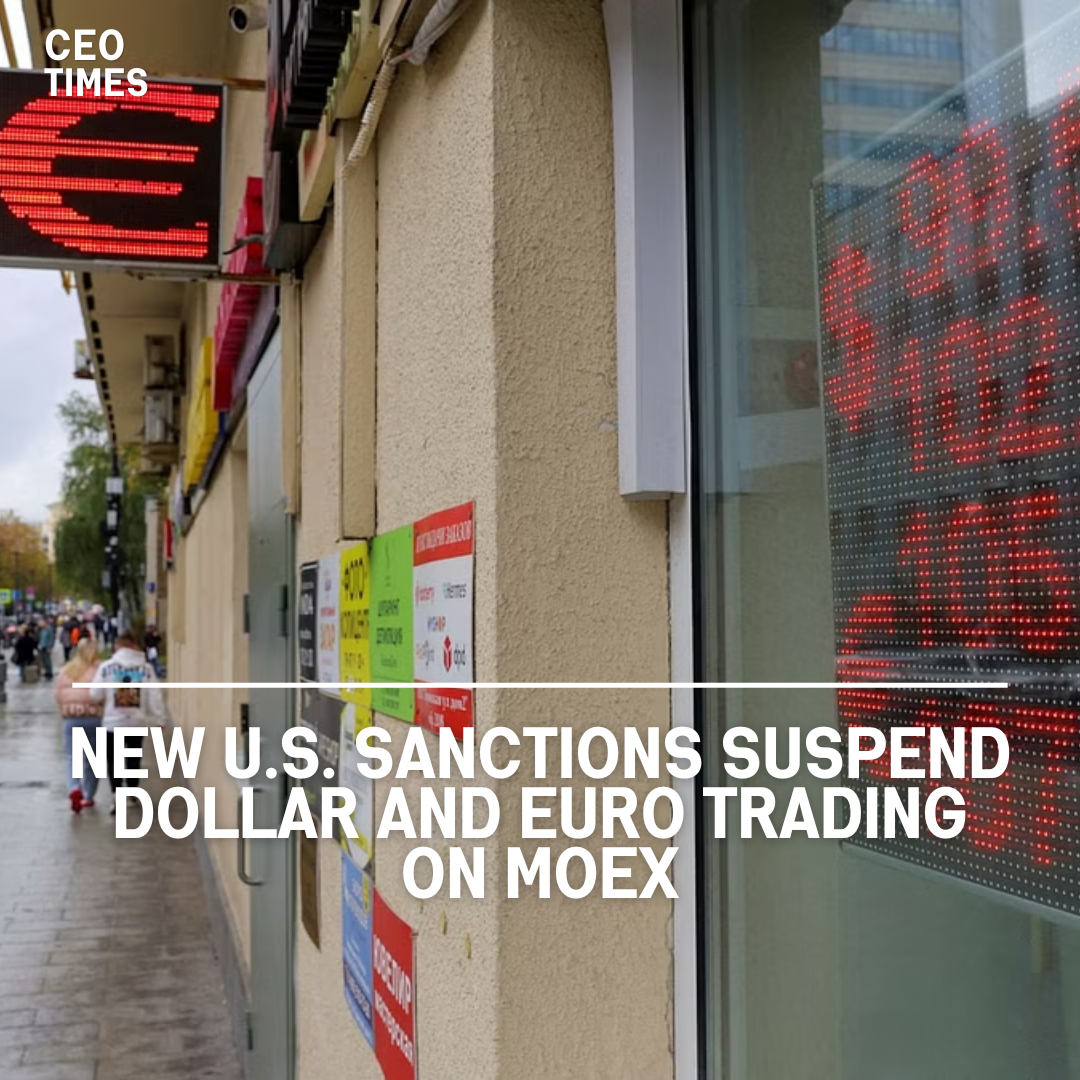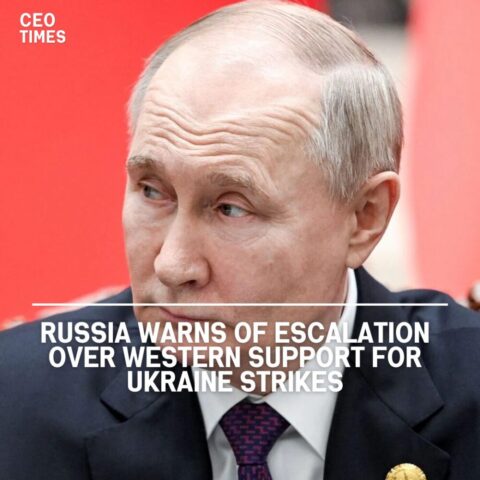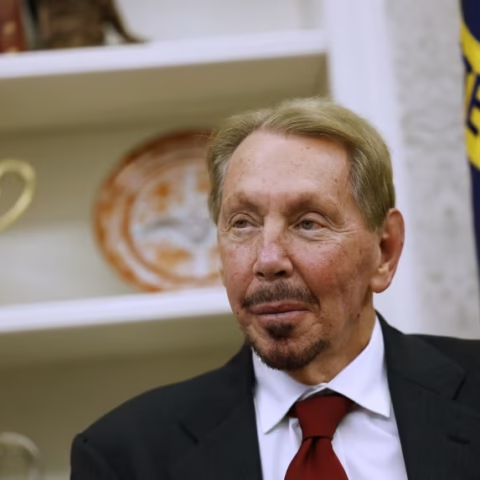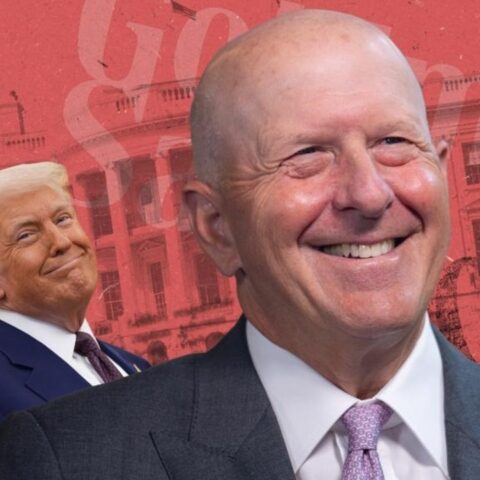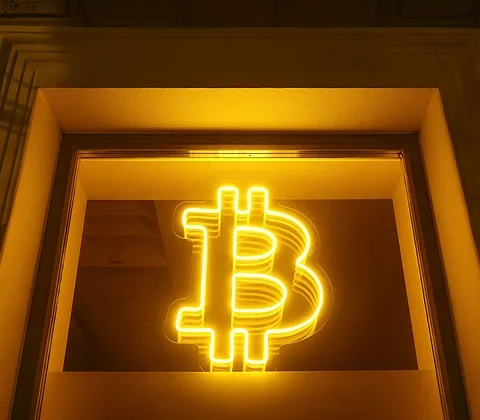The U.S. announced new sanctions against Russia, suspending dollar and euro trading on the Moscow Exchange (MOEX) on Wednesday.
The exchange and the central bank made this decision to disrupt the financial flows supporting Russia’s ongoing war in Ukraine.
Shift to Over-the-Counter (OTC) Trading:
With the suspension, Russia’s banks, companies, and investors can no longer trade in dollars and euros through the central exchange, which traditionally provides advantages such as liquidity, clearing, and oversight.
Instead, transactions will move to OTC trading, where deals occur directly between parties. The central bank will now use OTC data to set official exchange rates.
Reassurances and Yuan Trading:
The central bank reassured the public that deposits in dollars and euros remain secure and that people can still trade these currencies through Russian banks.
Meanwhile, the yuan has become the most traded currency on MOEX, accounting for 53.6% of all foreign currency traded in May. This highlights Russia’s pivot towards closer ties with China.
Market Reaction and Rouble Rates:
Following the news of sanctions, the rouble experienced volatility. On the eve of the national holiday, it closed at 89.10 to the dollar and 95.62 against the euro.
Some banks significantly widened their spreads on dollar rates, though they later adjusted. Major banks quoted narrower spreads between their buy and sell rates.
Broader Implications:
The sanctions are part of a broader strategy by the U.S. Treasury to disrupt Russia’s financial system, which has been increasingly geared towards supporting its defense industry.
Given that trading volumes will be slashed, the Moscow Exchange’s profits are expected to be hit hard. In May, the total trading volume on MOEX was 126.7 trillion roubles ($1.43 trillion).
Expert Opinions and Public Sentiment:
Yevgeny Kogan, an investment banker and professor at Russia’s Higher School of Economics, advised against panic buying of foreign currency.
He emphasized that despite the inherent tendency to buy currency during crises, such actions could exacerbate the situation.
The anticipation of a turbulent trading day reflects the broader uncertainty and nervousness among investors and the general public.









